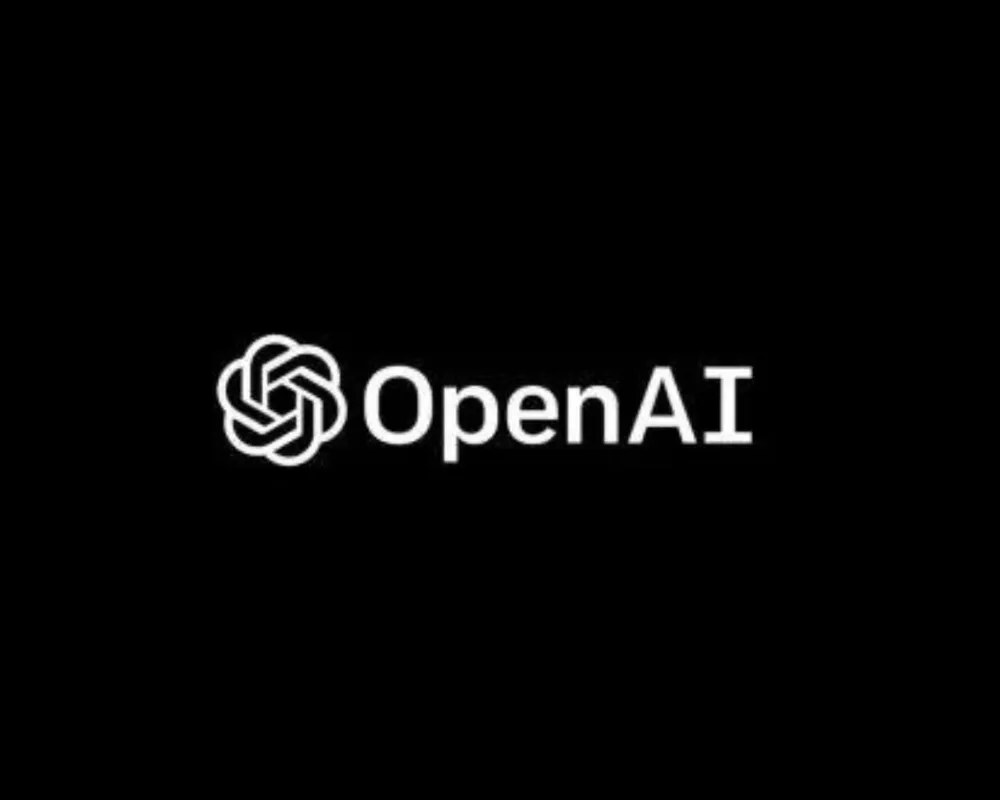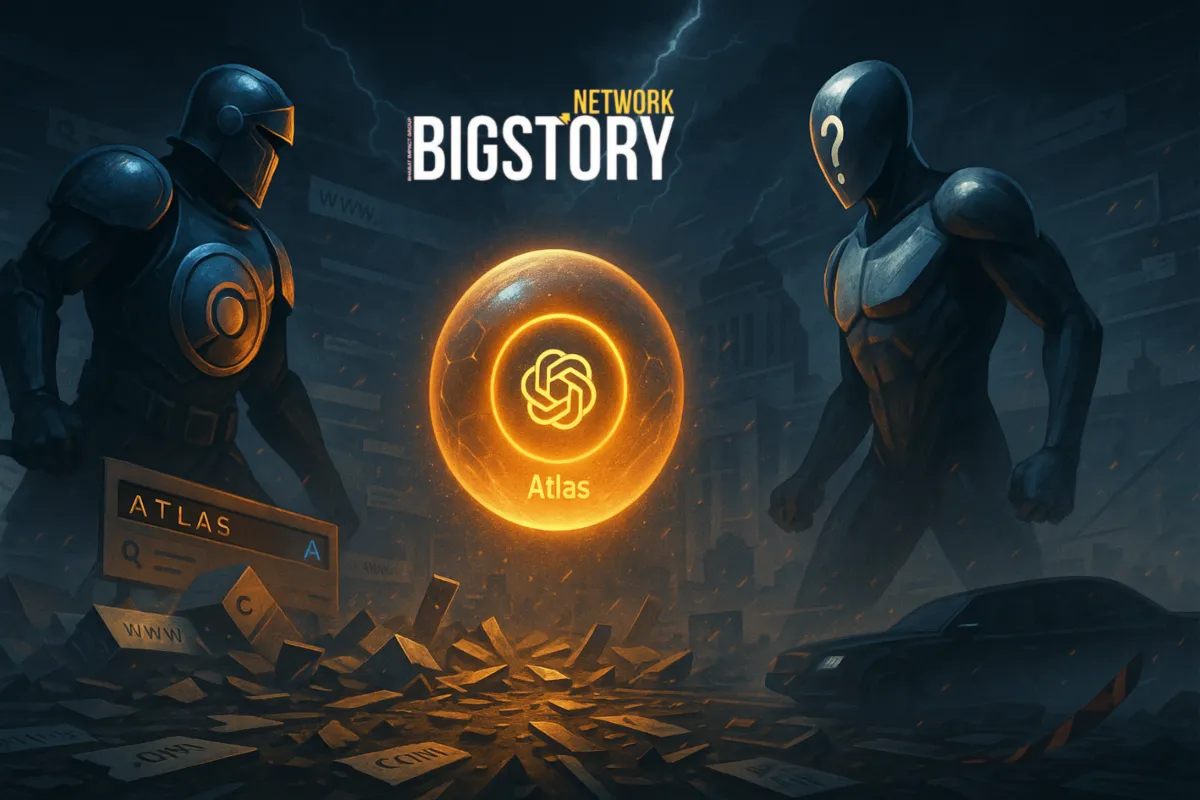In a significant move toward responsible AI development, OpenAI has announced a series of updates to ChatGPT aimed at promoting "healthy use" and mitigating potential mental health risks. The changes are a direct response to growing concerns from users and experts about the possibility of emotional dependency and the chatbot providing unhelpful or even harmful advice in moments of distress.
The updates, which began rolling out this week, center on three key areas designed to create a more supportive and mindful user experience. The first is the introduction of "gentle reminders" to take a break. During prolonged conversations, a pop-up notification will now appear, prompting users with a message like, "You've been chatting a while—is this a good time for a break?" This feature, similar to those found on social media and streaming platforms, is meant to encourage users to step away from the screen and foster a healthier balance between digital interaction and real-world engagement. OpenAI's new philosophy is that the measure of success for its product is not the time spent on the platform, but whether a user has successfully completed their task and can then "get back to your life."
The second major change involves how ChatGPT handles high-stakes personal questions. Acknowledging that the chatbot is not a substitute for professional advice, OpenAI is refining its model to avoid giving direct answers to sensitive queries, such as "Should I break up with my boyfriend?" or "Should I quit my job?" Instead of offering a firm "yes" or "no," the chatbot will now guide users through a more thoughtful and reflective process by asking questions and helping them weigh the pros and cons. This shift is designed to encourage critical thinking and reinforce the idea that life-altering decisions should be made by the individual, not outsourced to an AI.
Perhaps the most crucial update is the company's commitment to improving how ChatGPT detects and responds to signs of mental or emotional distress. OpenAI has admitted that a previous version of its GPT-4o model sometimes "fell short in recognizing signs of delusion or emotional dependency." To address this, the company is now working on developing more advanced tools to better identify when a user is in a vulnerable state. In such situations, the goal is for ChatGPT to respond appropriately, avoiding flattery or validation of harmful beliefs and instead pointing users toward evidence-based resources and encouraging them to seek help from qualified professionals.
This initiative is backed by a broad collaboration with a diverse group of experts. OpenAI has consulted with over 90 physicians, including psychiatrists, pediatricians, and general practitioners, from more than 30 countries to build new rubrics for evaluating complex and multi-turn conversations. Additionally, the company is engaging with researchers in human-computer interaction (HCI) and forming an advisory group of experts in mental health and youth development to help shape its safety features and future product development.
The timing of these updates is no coincidence. They come as OpenAI continues to expand its user base at an unprecedented rate, with the company's Vice President and Head of the ChatGPT App, Nick Turley, stating that they are on track to reach 700 million weekly active users. As AI becomes more deeply integrated into daily life, the ethical and safety implications are under increasing scrutiny. This latest move by OpenAI is a clear attempt to get ahead of these concerns and demonstrate a commitment to user well-being as it continues to innovate and develop more powerful models like the highly anticipated GPT-5. While some experts remain skeptical about the true effectiveness of these "nudges," the consensus is that this is a necessary and positive step toward building a more responsible and humane artificial intelligence ecosystem.







Leave a Reply